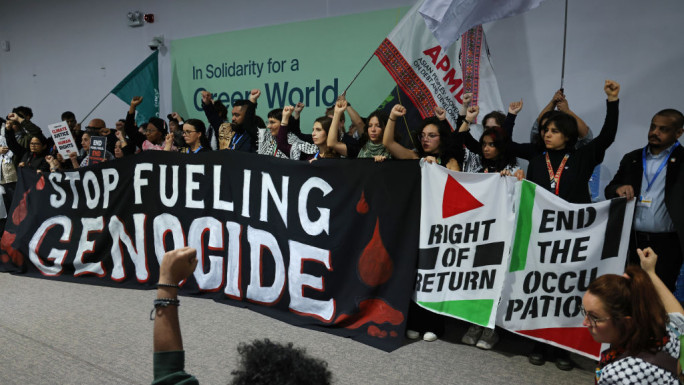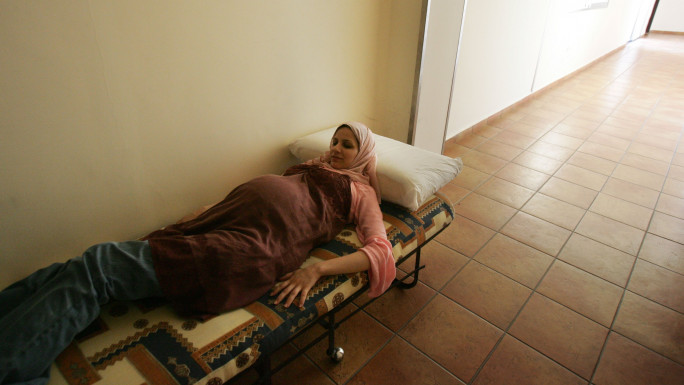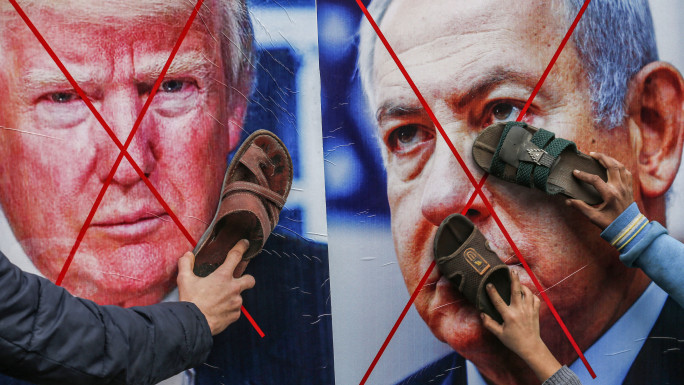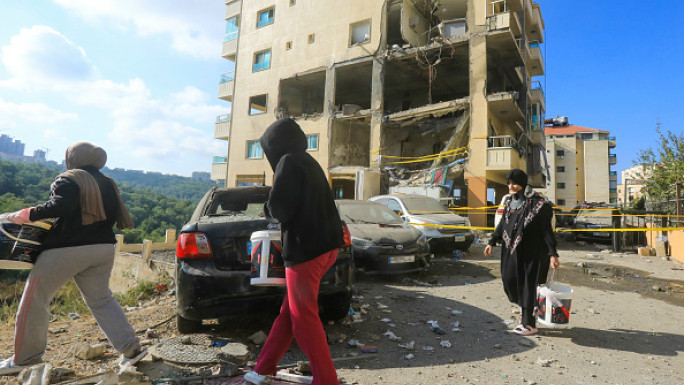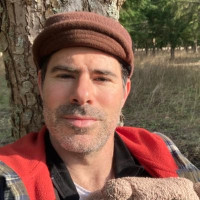
When is terrorism not called terrorism?
In the wake of recent horrific acts, such as the one against well-respected British Member of Parliament Jo Cox, or the senseless murder of 49 people in Orlando, Florida, I believe that our first reaction should be of sadness and an outpour of love. I hope that the families of all of these people are surrounded by their loved ones and shielded from any political debate surrounding the issue. The pain and shock of such loss is truly impossible to imagine.
Unfortunately, the labelling of such attacks has become a point of contention. How do we decide what is terrorism or not? Must someone be diagnosed with mental health issues in order for the action not to be labelled as terror or simply show tendencies towards mental health unrest? And who has the authority to make these decisions anyway?
| Read also: Jo Cox killing: The media's selective labelling of 'terror' |
Not enough time is taken to step back to answer these questions and consider a perpetrator's true motives, mental state, environment, upbringing, and/or political affinity. And this is understandable. Many perpetrators are often killed, while witness accounts and internet histories are all that remain to determine an entire person’s identity. But even if the offender remains alive, it does not mean a full picture can be drawn of true intention and emotional wellbeing before an attack.
 |
How do we decide what is terrorism or not? Must someone be diagnosed with mental health issues in order for the action not to be labelled as terror or simply show tendencies towards mental health unrest? And who has the authority to make these decisions anyway? |  |
It is therefore startling to see a trend of religious affiliation used as an immediate correlation to the label of terrorism.
If original eyewitness accounts in Jo Cox’s murder cited that they heard the attacker Thomas Mair shout something in Arabic, instead of "Britain First", would our whole outlook of the attack have changed? Probably. Would the media have had a completely different spin on why the attack happened? Most likely.
From accounts from her closest family, Jo Cox was clearly a strong believer in integration and peace among every race, colour and religion. Unfortunately, her vision of a more integrated world has been lost in the media frenzy. More and more, Muslims feel targeted and isolated, having to turn to campaigns such as #NotInMyName every time an attack is done “in the name of Islam”.
Most Muslims in Britain and the United States practice their religion peacefully, yet are repeatedly required to defend their faith due to the actions of a lone crazed gunman. This regular association with such violence only works to isolate and divide society further.
 |
Most Muslims in Britain and the United States practice their religion peacefully, yet are repeatedly required to defend their faith due to the actions of a lone crazed gunman |  |
I am not necessarily saying that we must label Jo Cox’s brutal murder as an act of terrorism. But if the definition of terrorism is to incite fear – this attack has certainly done so.
There is a feeling around Britain that this has been an attack on our democracy. Many have spoken out to say that MPs must not be intimidated, political surgeries are central to our governance and that they must continue. These statements would not need to be made if people were not fearful.
This attack has all the ingredients of terrorism – an attempt to threaten and intimidate, probably as a result of the attackers own political view.
What is clear is that there must be reform of the way in which such a heavy word, such as terrorism, is thrown around.
We must not be so quick to profile terror based on someone’s religion or race. Nor must we ignore the complex nature of mental health in such situations. We must ensure that there is consistency in our labelling of such events in the hope that this will breed solidarity in the face of such horror.
This integration and togetherness is what we need to help avoid further catastrophes in the future, and I am certain, it is what Jo Cox herself certainly would have wanted.

